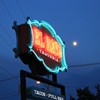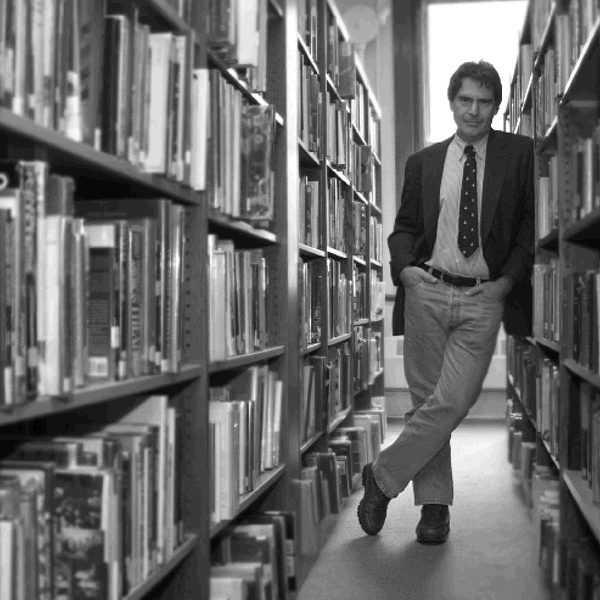A few months ago I was a guest on "Caravan to Midnight," a popular nightly Internet video interview program, invited on to talk about Monsanto's fraudulent way of doing business and poisoning our bodies. I gave a recitation of the company's key points of history back to its founding in 1901 and up through the three major phases of its GMO career.
Toward the end of the discussion, which I will admit was as disturbing as the description of any mass murder scene, host John B. Wells asked me what I would do if I was president—of the United States, that is. How would I save the world? I thought about it for a moment and said I would suggest people have lots of potluck dinners.
Yes, were I the commander in chief, I would say: "Go forth and meet up somewhere with your casseroles! Don't forget to keep it gluten free if you can."
I know this is not very superhero like. I know it contradicts the notion that when something horrific happens, we will finally all wake up. We tried that experiment—it was called 9/11. That event shocked most people into a deeper, angrier trance.
Community dinners will help us come out of the fear trance. We need to take some time and get together, be together, experience one another's humanity, and share food, companionship, and ideas. Plus, at the end of the night, no money is exchanged. It is wholesome to have some places in life free from the marketplace. We need exchange, not the medium of exchange.
Regularly held social meals would address many problems associated with the cold alienation of both our typical social interactions, and of the Internet. They would remind us that we actually have neighbors, who have faces, names, and voices—and who eat food. As Paul Simon said, food is the bottom line for everyone.
As figures on the Internet, we eat bandwidth and electricity, we have publicity photos and often use alias names. Nobody actually eats food. You cannot attach a pie as a PDF. Said another way, the Internet is disembodied and denies the existence of the body, which happens to be our main connection to life.
Food is also the bottom line of global warming. Besides fires, floods, droughts, and various other dramas that may involve seeking high ground, the first place we're going to feel the most brutal effects of global warming is on the food supply. Whatever the purveyors of hydroponics and DNA cut-and-paste potatoes may try to convince us of, food comes from seeds, land, water, and sunshine—and the efforts of farmers. I know it seems unbearably quaint.
When the climate is disrupted, food production is disrupted. There are a lot of people on the planet right now, and we all need to eat. When food production is interrupted, chaos can and often does ensue. (It's one of the problems that Syria is facing.)
A few weeks ago, there was a major international global warming conference in Paris. I think most people view this positively—188 nations actually agreed on something. In a recent op-ed piece in the New York Times,Thomas Friedman wrote, "I had low expectations for the UN climate meeting here, and it met all of them—beautifully. I say that without cynicism." He added that now "we have a chance to meet what scientists say is our key challenge: to avoid the worst impacts of global warming" and also to "manage those impacts that we can no longer avoid. That is a big, big deal."
That same week, I had a guest on Planet Waves FM (my now Pacifica Radio- affiliated community program) who was not so chipper. His name is Albert Saldamando, and he's a human rights attorney who attended the conference as a negotiator on behalf of indigenous people. "The Paris accord is a trade agreement, nothing more," he said. "It promises to privatize, commodify, and sell forested lands as carbon offsets in fraudulent schemes. These offset schemes provide a financial laundering mechanism for developed countries to launder their carbon pollution on the backs of the global south."
I'm not sure if that was one of Mr. Friedman's low expectations, though I think he sees the whole carbon trading thing differently. Carbon trading, if you've never heard of it, works like a commodities market, only the commodity traded is pollution.
































